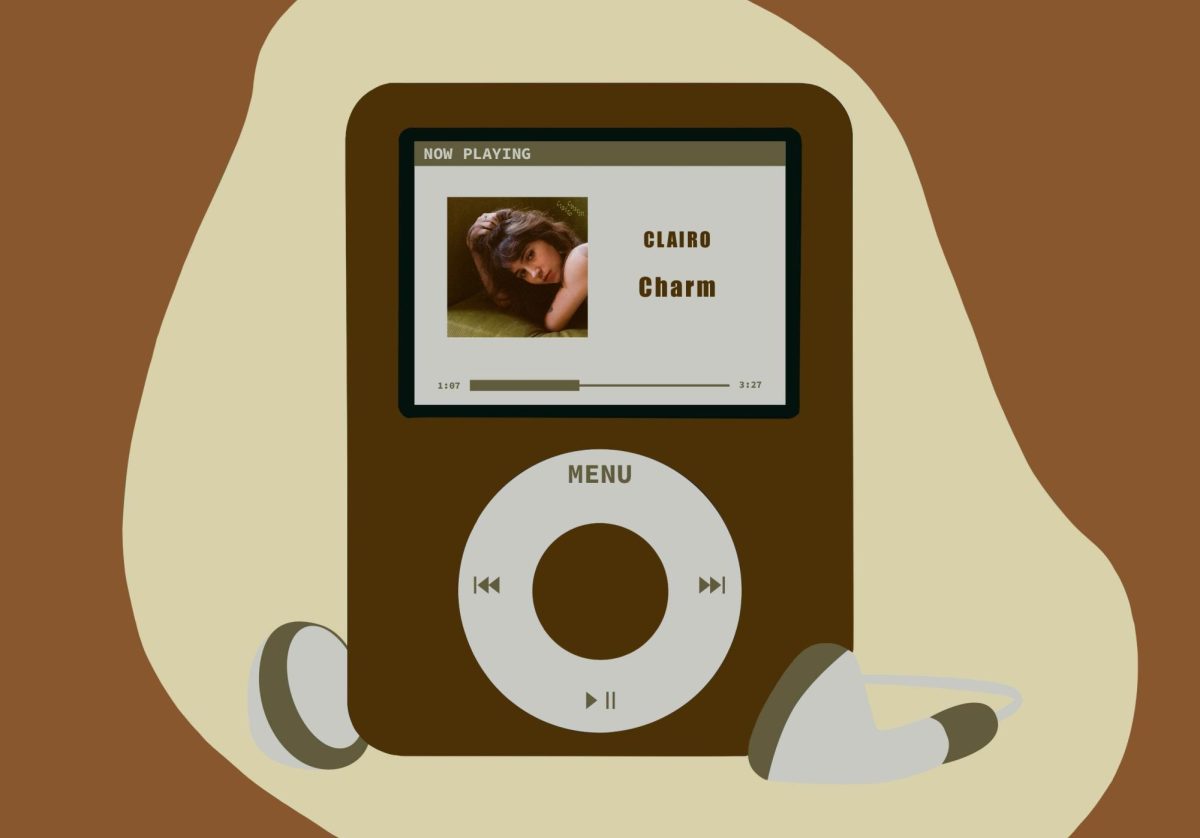John Cage once said that any noise can become music if you listen to it hard enough. The modern composer is most famous for his 4’33”, in which he uses a piano to play nothing for four minutes and 33 seconds. Alex Ross, a music critic for The New Yorker, wants us to listen
WHAT: “The Rest is Noise: Listening to the Twentieth Century,” Book Discussion with Alex Ross, Fred Child and the Turtle Island String Quartet
WHEN: 7:30 p.m., Nov. 7
WHERE: The Fitzgerald Theater, 10 East Exchange St., St. Paul
TICKETS: $20, discount for MPR members, (651) 290-1221, www.fitzgeraldtheater.org
harder to what many would call just noise, and hear the melody in modern classical music. Most of all, he wants us to stop being bored or intimidated by classical music – it might be background music in dental offices and used to deter loitering on Hennepin Avenue in Minneapolis, but it’s also alive and vibrant and intensely emotional.
In his first book, “The Rest is Noise: Listening to the Twentieth Century,” Ross seeks to further establish those connections and to break down the high and mighty cultural barrier that exists between classical music and everything else.
He investigates classical music throughout the 20th century, the famed modern era whose ingenuity found its apotheosis in Arnold Schoenberg’s twelve-tone compositions. People seem comfortable with modern art, modern literature, but modern classical music has somehow avoided popular culture or at least our thinking.
He journeys through the century using its main historical events as backdrop – the World Wars, the Great Depression, the Cold War, the ’60s – attempting to show how the music was shaped by its context and how the context was shaped by the music.
To add to his idea that classical music isn’t just for middle-aged, middle- and upper-middle-classed white people, he tried to write the book so that it would be accessible to the novice, as well as the aficionado. What’s more is that he’s succeeded. “The Rest is Noise” is written along the middle ground where good story and good analysis converge, and neither is compromised.
“No matter what kind of music you’re into, there should be something in 20th Century classical music that you’ll like,” he said. “You realize that classical music is much more than this status symbol or background music to rich people’s dinner music. It is mainstream culture.”
Ross’s musical journey was different than most of us. While many people start off with the popular, and make the seemingly natural progression to classical, he started out with classical, listening to his parents’ records, and stayed there. He didn’t buy his first rock album until he was 20 years old, when he finally let his guard down and picked up Sonic Youth’s “Daydream Nation” and Pere Ubu’s “Terminal Tower.”
It was around this time he was working at his college radio station, working on a radio program called Music Since 1900. Ross said college was when he first started to get really involved with music, discovering what he calls “far-out music.”
“I was alienating the listeners who were tuning in to hear some nice Vivaldi,” he said. Instead, they got a piece of music written for Poème Symphonique for 100 Metronomes by György Ligeti – 100 metronomes click back and forth at various intervals for almost seven minutes.
“There was no question that this was the first book I’d have to write,” he said. In addition to all his knowledge gained from simply being an avid listener, Ross passed two years doing further research, spending hour upon hour in the Library of Congress. He looked at old manuscripts of the teenage Gershwin where the young composer had taped programs of concerts he had been to at Cooper Union and Wanamaker’s Auditorium.
Ross was particularly interested in the U.S. occupation of Germany after the World War II and how the U.S. military struggled to weed out the “bad” Nazi music from the “good” democratic music that would be, in their view, better for the German people.
“Still, even if history can never tell us exactly what music means, music can tell us something about history,” Ross writes in the book’s introduction.
Ross has no idea just how big his own music collection is, but he estimates there are more than 10,000 albums in his apartment and a couple thousand more in his office at the New Yorker.
At the moment on his iPod, he’s been listening to a new recording of Steve Reich’s “Music for 18 Musicians” by the Grand Valley State University New Music Ensemble. But on that same iPod is the new Radiohead album, “In Rainbows.”
“It’s very beautiful on the surface, almost pretty,” he said. “Then all kinds of very tricky things are going on.” Ross said that despite Radiohead’s wide-appealing sound, they can be thought of as a classical composer for the complex rhythms and details they weave into their music.
The development of the use of the Internet is a way for classical music to go more mainstream. Ross has his own blog (therestisnoise.com) where he chronicles his news about his book, archives his articles and provides top 10 lists for his favorite music of the year.
The trend in the development of Web sites for musical groups, young composers and the like is a good one, he said, noting that one less hassle for young composers to get their music out is not having to first find a publisher. Potential audience members can sample music before they decide to buy tickets to a concert. In a sense, it makes it all more easily accessible to people, and a whole lot less intimidating when one can read the blog of the lead clarinetist who goes surfing on the weekends.
“It makes the whole thing more human,” he said.
Ross doesn’t yet know if he’s succeeded in closing the gap between classical music and the consumer. But as he optimistically said, the book has only been out a little more than two weeks.
















